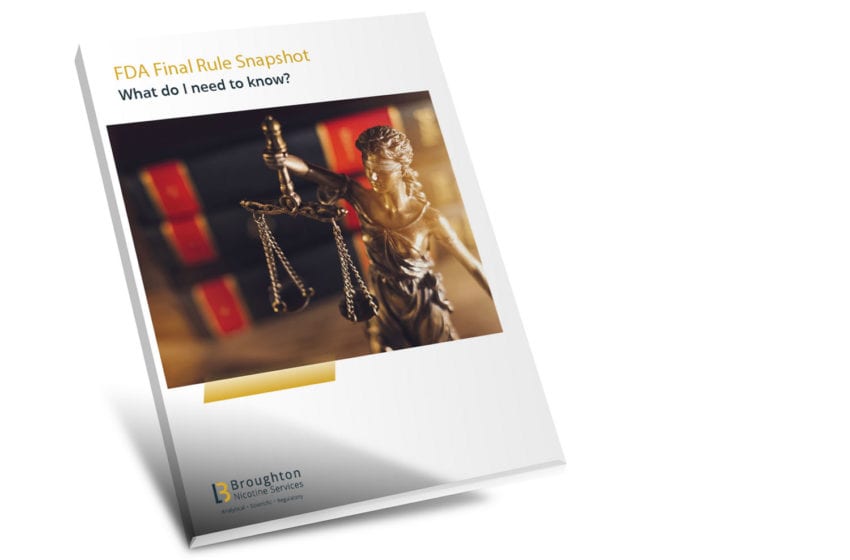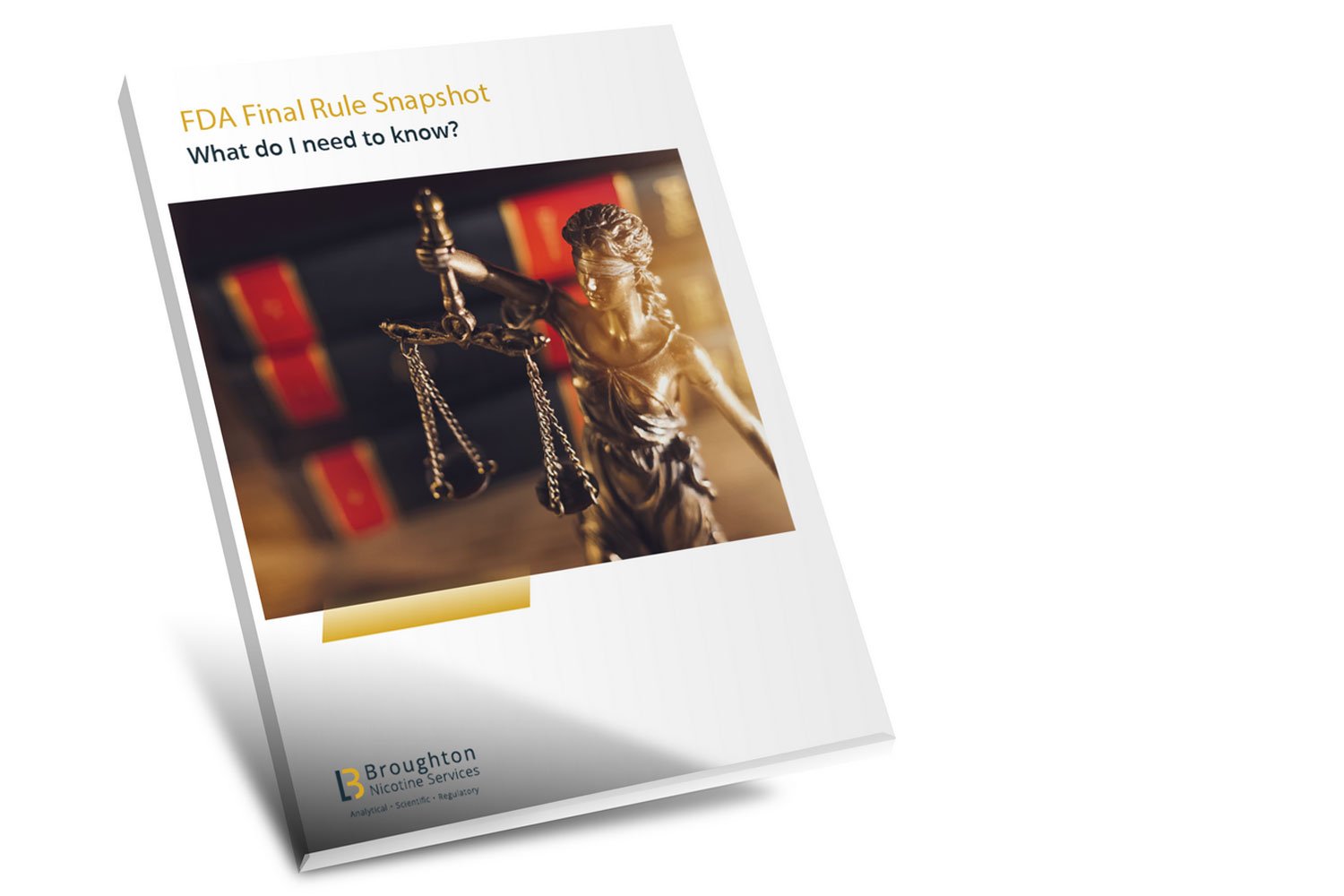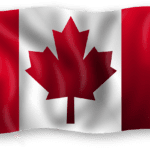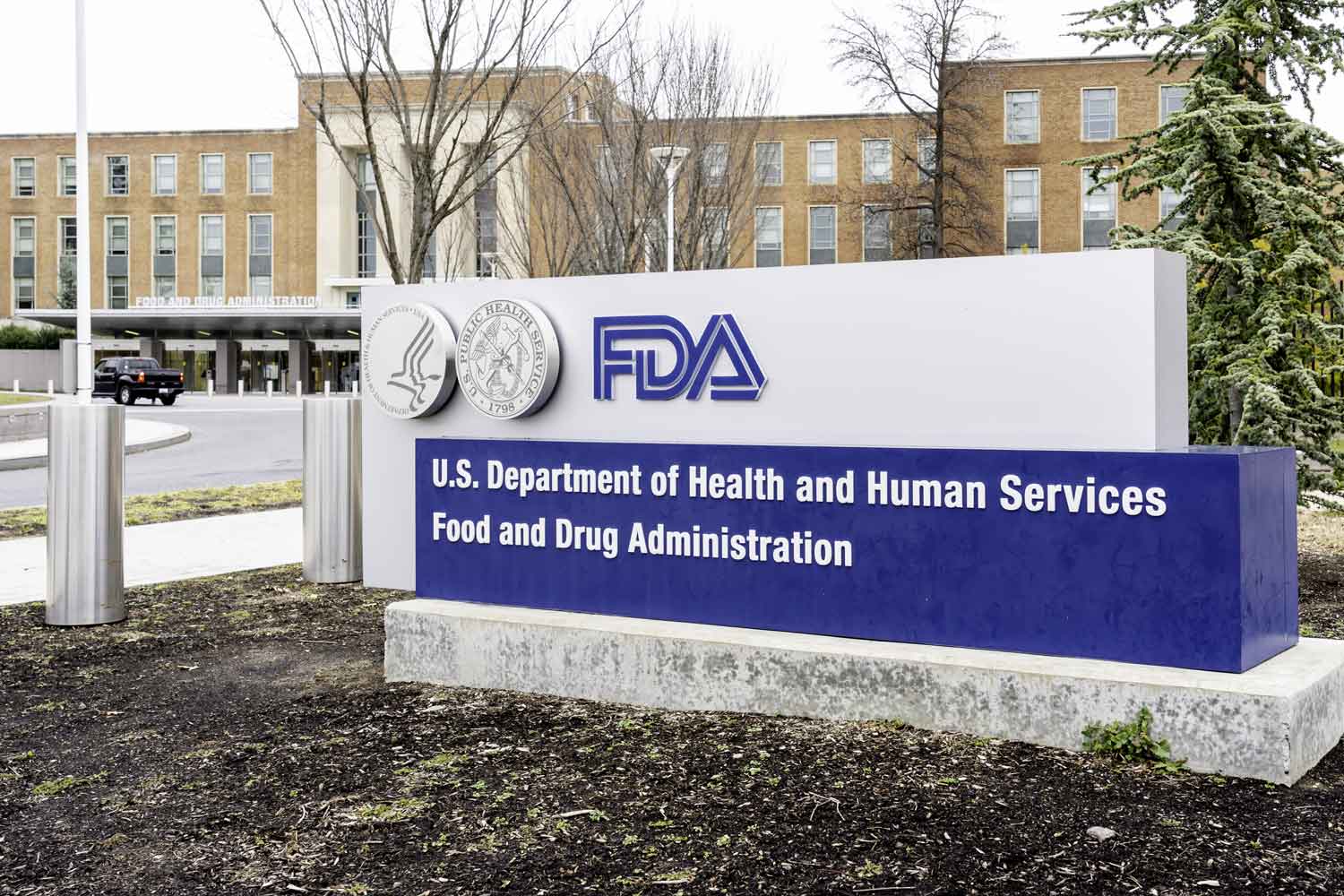
The outlook for many small vapor companies and online retailers looks bleak following the enactment of new rules that prohibit the U.S. Postal Service (USPS) from shipping e-cigarettes, according to Keller and Heckman’s Azim Chowdhury and Galen Rende.
Writing on The Continuum of Risk law blog, the attorneys discuss the fallout of a recent amendment to the 2009 All Cigarette Trafficking (PACT) Act.
In late December, Congress overturned a veto from former President Trump and voted into law a $2.3 trillion coronavirus relief and government funding bill that contains a provision banning the USPS from delivering vapor products. The USPS was already prohibited from delivering cigarettes and smokeless tobacco products to consumers under the PACT Act. The law passed in December extends the Act’s original definition of “cigarette” to include electronic nicotine delivery systems (ENDS).

Tobacco and vapor companies may use private services to ship their products to consumers, but the PACT Act requires them to register with the Bureau of Alcohol, Tobacco, Firearms and Explosives and the tobacco tax administrators of the states into which a shipment is made. Delivery sellers are further required to verify the age and identity of the customer at purchase and maintain records of delivery sales for a period of four years after the date of sale, creating substantial administrative burdens.
Critically for the vapor industry, the most popular carriers, Federal Express and United Parcel Service, have recently announced that they would cease all deliveries of vapor products.
The prohibition on the mailing of ENDS is scheduled to take effect after the USPS promulgates regulations clarifying the mail ban, which it is required to do within 120 days of the enactment—i.e., by April 27, 2021.




















